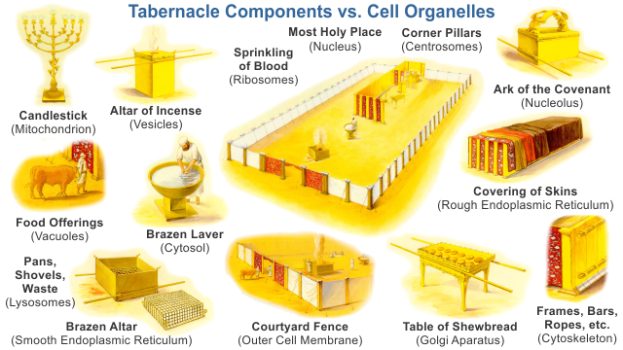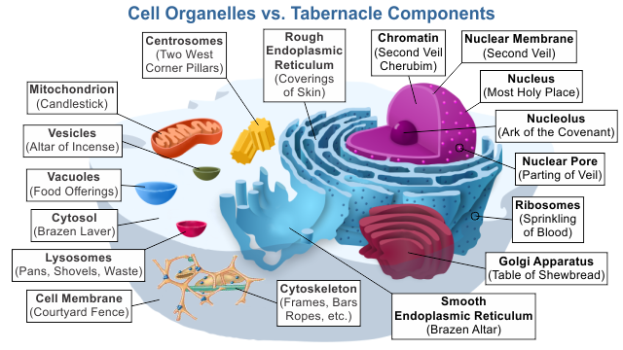God most definitely referred to angels as sons of God!
Job 1:6
Now there was a day when the
sons of God came to present themselves before the Lord, and Satan came also among them.
Where in the text does it say the sons of God were angels?
Job 2:1
Again there was a day when the
sons of God came to present themselves before the Lord, and Satan came also among them to present himself before the Lord.
Again, nothing in the text says these were angels.
Job 38:7
When the morning stars sang together, and all the
sons of God shouted for joy?
Again, nothing about angels.
- Genesis 6:2
That the sons of God saw the daughters of men that they were fair; and they took them wives of all which they chose.
- Genesis 6:4
There were giants in the earth in those days; and also after that, when the sons of God came in unto the daughters of men, and they bare children to them, the same became mighty men which were of old, men of renown.
No reason to call teh angels men in Gen. 6
Genesis six refers to a contrast between royalty, and common people. The sons of God are human kings; the daughters of men are human subjects. Refer to Psalm 82 for instance.
Also, I take note of the parallelism in Psalm 58:
Psalm 58:
Do you indeed speak righteousness, you gods?
Do you judge fairly, you sons of mankind?
In this context, the term "you gods" is parallel and equal to the term "you sons of mankind." According to ancient cultures, kings were called "gods" or "sons of god" and those who are not royalty are called "men". In any case, they are both human beings, one is a king, while the other is his servant.
In the Psalm above, David refers to the rulers as "gods" and at the same time, he also refers to them as "sons of mankind" as an insult. David is speaking about royal men who practice injustice, acting as if they are common street folk.
When it says that the sons of God took wives from among the daughters of men, it literally means that kings took wives from among the common folk. What was wrong with that? Wrong criteria.
The kings were choosing common women because they were beautiful, rather than say, women who were educated, wise, upright, loyal, chaste, courageous, modest, generous, diligent, responsible, or honest.



